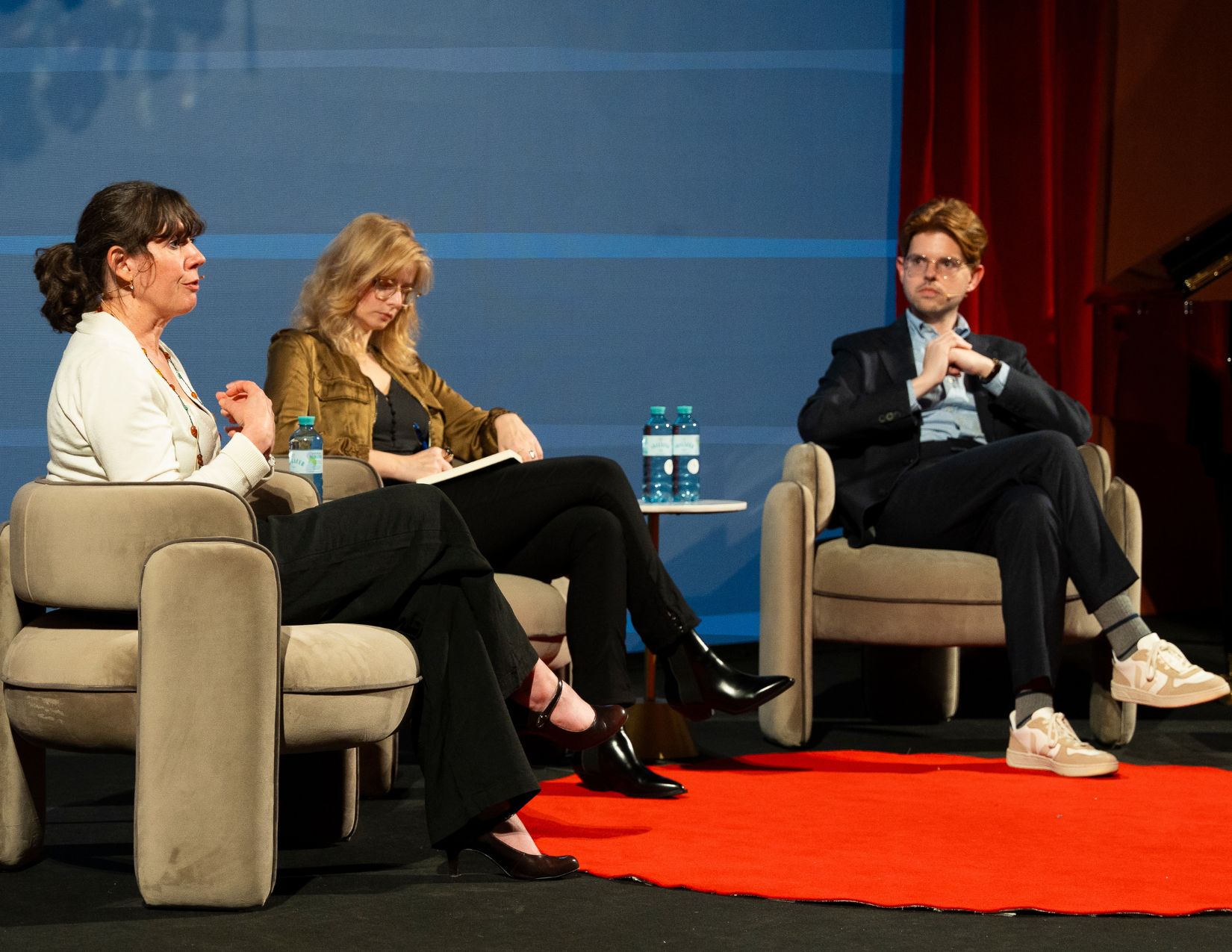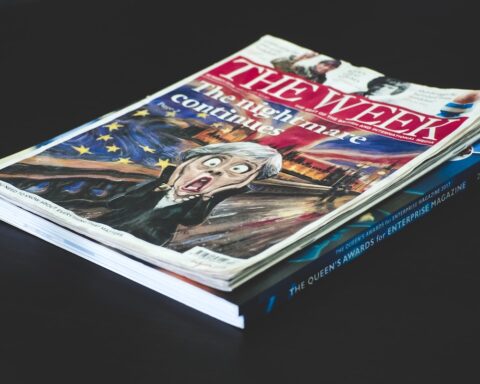When was the last time you engaged in a productive argument? In other words, you willingly discussed a thorny subject with someone of an opposing opinion — and managed to keep things pleasant?
Those struggling to recall such a civil exchange are not alone. In the wake of ‘Cancel Culture’ and amid rising political polarisation in the West, many of us may not dare to debate sensitive topics (i.e. gender issues, migration, or international conflicts) for fear of ending up in a screaming match or even souring personal relationships. Indeed, in 2020, Pew Research Center reported that almost half the U.S. adult population had admitted to having completely stopped talking with someone about election and political developments.
While such an approach may sometimes feel like the wisest choice on a personal level, it could bear a major cost in the long term to democracy. By dodging difficult — yet important — discussions with those who have opposing viewpoints, we fail to learn from diverse perspectives and leave our voices out of the conversation. Not only does this make the search for common ground much more challenging, but it also risks rendering ourselves more vulnerable to ‘black-and-white’ thinking instead of seeing circumstances as much more nuanced and complex. In turn, such behaviour seems to simply reinforce societal polarisation.
Photo: Christina Favre
It is these exact reasons which inspired TEDxVienna’s latest Salon Event, The Argument, on May 24th. Based on the belief that meaningful, constructive dialogues are key to a liberal democracy, the non-profit organisation hosted a live debate at the House of Strauss. Given that the debate’s central question was ‘Should democracies ban anti-democratic political parties?’, the one-of-a-kind event did not shy away from controversy. With elections looming in both the EU and the U.S., the timing of the debate seems especially fitting.
Over the course of the evening, two guest debaters, Ulrich Wagrandl, Postdoctoral Research Associate in Public Law, and Angela Bourne, Professor in European Politics, respectively argued for and against the motion. Serving as the moderator, TEDxVienna’s Managing Director and Curator, Alina Nikolaou guided the animated discussion and challenged both speakers on their arguments with probing questions. In particular, Nikolaou demanded to know to what degree today’s media safeguards democracy or hinders it by fuelling outrage and division, as well as whether the current state of liberal democracy is equipped enough to withstand its present obstacles. Live performances by the American concert pianist, Albert Franz, helped create an atmospheric mood inside the historic ballroom.
Photo: Christina Favre
Among his main arguments in favour of the ban, Wagrandl stated that a number of countries which have previously been subjugated by fascist or communist regimes have gone on to prohibit similar anti-democratic parties. As the Teaching Fellow at Vienna’s University of Economics and Business put it, “We don’t need to make the same mistake twice. When we say “never again”, we mean it.” Although the speaker openly acknowledged the importance of tolerance within a democracy and that it is wrong to simply ban a party because you disagree with its political stance, Wagrandl also highlighted the dangerous paradox of tolerating the intolerant. Indeed, he asked whether it makes sense to allow a party to participate in elections and enjoy the freedoms of our democratic system, even though that same party actively seeks to destroy our democratic system.
In contrast, Bourne denounced the proposal to outlaw anti-democratic parties. For one, the European Politics professor at Roskilde University, Denmark, underlined some difficult questions which must first be addressed before making such a move. In particular, how severe must such a party be before we can justify its ban? When contemplating such a ban, is it important to distinguish between the anti-democratic ideas of a party and its anti-democratic actions? Bourne further stated that in a true liberal democracy, there are a number of alternative measures for handling anti-democratic parties. For example, the free media can expose the wrongdoings of such actors and hold them accountable. Likewise, the legal system can punish such parties who may commit criminal actions such as using hate speech or Holocaust denial. Bourne went on to argue that a ban would “undermine the principles of political pluralism and political tolerance.” According to her, the move also “closes down important sources of information” about how many people vote for such parties and why exactly they do so. Therefore, the speaker concluded that “banning parties is damaging to democracy.”
Apart from the debate itself, another highlight of the evening was the audience vote. At the very start of the event and again right after the debate, guests were invited to vote in a digital poll on whether or not they themselves agreed that democracies should ban anti-democratic parties. In the first voting round, most audience members (65) opposed the motion, whilst 46 people voted in favour and 42 labelled themselves as ‘undecided’. However, in the second round, the number of those supporting bans on anti-democratic parties jumped to 61, and those against the motion fell to 46. The number of ‘undecided’ shrank to 22. The noticeable shift in the poll results suggests that the speakers’ arguments did provoke thought and motivate attendees to reflect on their views.
Aside from sparking new ideas about the future of democracy, The Argument also may offer some encouragement that we can indeed discuss differences in opinion on even the most delicate of issues, as long as we do so respectfully. In a world that is seemingly growing ever more divided, learning the skills of meaningful debate may just be a vital way to bridge the gap and move things forward. As the entrepreneur, writer and former TED speaker, Margaret Heffernan put it, “For good ideas and true innovation, you need human interaction, conflict, argument, debate.”





